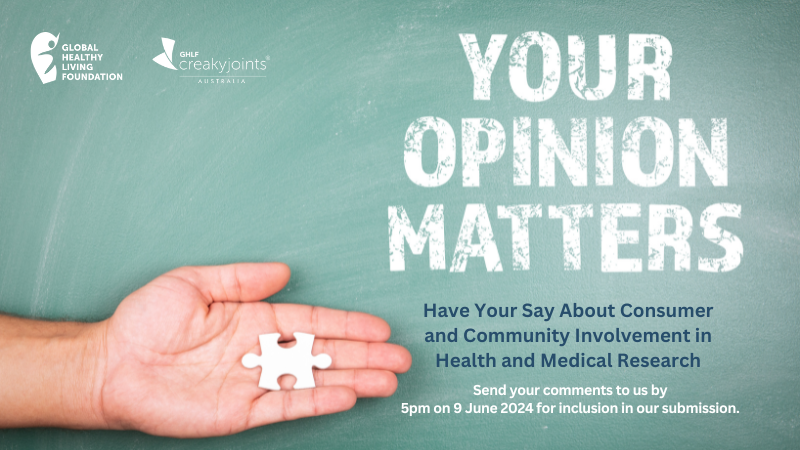Foods to Avoid With Arthritis
Some foods have been found to increase inflammation and should be avoided as much as possible if you have arthritis. These include:
- Meats grilled or fried at high temperature – Although a direct link to arthritis is not firmly established, studies have shown that frying, roasting, searing or grilling meat at high temperatures can raise the amount of advanced glycation end products (AGEs) in the blood. AGEs have been found in people with inflammation and are believed to increase inflammation in the body.The highest levels of dietary AGEs are found in beef, pork and fish; however, even leaner meats like chicken produce high levels of AGEs when they are cooked with dry heat. Try lowering the cooking temperature of the meats that you eat. Some good alternatives include steaming fish and seafood, simmering chicken in a sauce and braising red meat in cooking liquid.
- Omega-6 Fatty Acids – Omega-6 fatty acids are found in corn, sunflower, safflower, soybean and cottonseed oils as well as many common snack foods like cookies, crackers and cake mix. When you take in more omega-6 fatty acids than omega-3s, it raises your risk of joint inflammation and obesity.
- Sugar – A diet high in sugar increases inflammation and contributes to obesity, so it’s best to limit the amount of deserts, pastries and sweet drinks, such as sodas and fruit juices in your diet. The American Journal of Clinical Nutrition has said that sugar triggers the release of inflammatory messengers in the body called cytokines. In addition to “sugar” look out for any word ending in “ose” on labels, such as fructose and sucrose.
- Trans fats – Typically seen as “partially hydrogenated” oil in packaged goods and margarine, trans fats are vegetable oils that have been processed to reduce the chance of spoilage and increase the shelf life of processed foods, particularly snack foods. These fats have been shown to increase inflammation.Trans fats can also raise bad cholesterol and lower good cholesterol, which increases the risk of heart disease. Be sure to read labels and substitute trans fat-free liquid oils, such as olive and canola oils instead of margarine or shortening. It’s also a good idea to limit the amount of fried foods you order at restaurants, as these are often fried in trans fat.
- Mono-Sodium Glutamate (MSG) – This chemical ingredient is added to many foods as a flavor enhancer, most commonly in Asian foods like soy sauce, and has been shown to trigger inflammation. Look for it on food labels.
What about Gluten?
While some people believe gluten can worsen RA, there is no evidence to support this. However, those who are sensitive to gluten (found in wheat, barley and rye) should avoid eating it in order to avoid bowel inflammation.
Alcohol and Tobacco – Call it Quits
Cigarette smoking is bad for everyone, but in people with RA it has been shown to increase the severity of the disease. Smoking can also make it harder to manage RA. Studies show that people with RA who smoke are less likely to achieve remission and tend to have a worse prognosis.
Smoking can also increase painful rheumatoid nodules, which form in the joints, and can lead to heart disease, the leading cause of death in people with RA. People with RA are at greater risk for heart disease compared to the general population.
Drink Alcohol in Moderation
Studies are mixed on the effects of alcohol on RA. While alcohol does not contribute to or worsen RA like smoking does, experts say it’s best to have one or two glasses of wine, beer or spirits occasionally, but not more than that. If you are taking non-steroidal anti-inflammatory drugs (NSAIDs) or acetaminophen, alcohol can increase your risk of stomach bleeding and liver problems, respectively. Drinking more than two glasses per day can also increase your risk of certain cancers.





